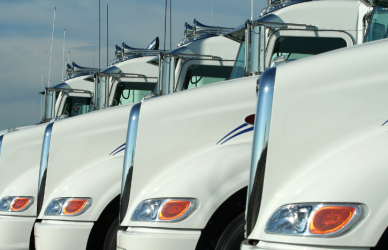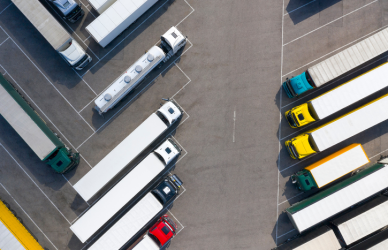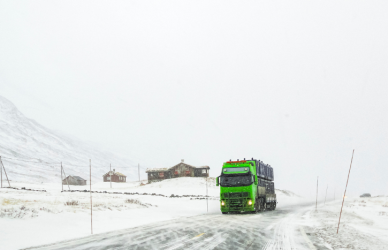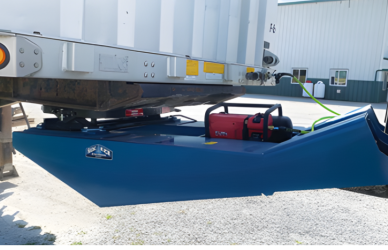The trucking industry plays a vital role in our supply chain, enabling our day-to-day activities to function seamlessly for millions of people every year. Nevertheless, the industry is currently experiencing many challenges, primarily due to the mounting costs. Despite this, the industry has demonstrated its flexibility and fortitude in overcoming these obstacles. Trucking companies have not only survived during these turbulent times, but they have also utilized these challenges as an opportunity for growth and innovation. By embracing the situation, they have made significant progress and transformations.
Fuel Costs
The rise in fuel costs has caused dramatic disruption within the trucking industry, as fuel expenses are one of the heaviest operating costs. Even though diesel prices have retreated from their peak in 2022, they still remain high, resulting in a dollar increase per gallon compared to early 2021. This spike is primarily due to geopolitical tensions, such as the war in Ukraine, and it has significantly strained the financial structures of truckers and trucking companies alike.
To combat these challenges, trucking companies have developed various tactics to cushion the impact of increasing fuel costs. One of these approaches is to invest in fuel-efficient technologies. Companies have begun to explore advanced engine designs and efficient tires, moving beyond just streamlining vehicle aerodynamics, to achieve maximum mileage per gallon of diesel.
In addition, telematics has become a critical tool in fuel consumption optimization, leveraging real-time data and analytics to guide fleet managers in leading driver behavior, vehicle performance, and route planning towards significant fuel savings.
Over time, these strategies not only reduce the operational costs for trucking companies but also contribute to a more sustainable and efficient transportation industry.
Changes in Regulatory Landscapes
Effective regulation and oversight are vital to the trucking industry. However, compliance with newly imposed mandates can be challenging. Such regulations can require additional costs and operational adjustments which can lead to changes in equipment and procedures. It’s not surprising that new regulations often come with a hefty price tag.
For instance, stringent emissions regulations have pushed many companies to upgrade their fleets with newer, cleaner models – a costly process. Despite this, new regulations drive innovation and encourage the development of more efficient and environmentally friendly trucks.
For example, Electronic Logging Devices (ELDs) are now indispensable tools, ensuring adherence to hours-of-service regulations and preventing driver fatigue. Balancing regulatory requirements with operational efficiency is a delicate task, but the trucking industry is well-equipped to overcome it.
Rising Costs of Goods and Operational Expenses
Rising costs are a challenge for the trucking industry, which includes not just fuel and compliance, but also maintenance and insurance. Fleet maintenance costs increase due to the integration of complex and technologically advanced trucks. Insurance premiums have also surged due to an increase in regulatory scrutiny and litigation relating to truck accidents, making it hard for companies to navigate these financial challenges.
Trucking companies are exploring new strategies to reduce operational costs and optimize their resources. Predictive maintenance is a promising area of focus that can prevent costly repairs and downtime by identifying potential issues before they become major problems. Additionally, partnering with shippers to manage costs and increase overall operational efficiency is another strategy that is being considered.
These new approaches demonstrate the industry’s shift towards collaborative and data-driven solutions in managing operational costs.
An Industry That Always Adapts, Always Perseveres
The trucking industry has faced challenges, but it has also discovered opportunities for growth and reinvention through technology. Adopting innovative technologies is vital for survival and competitiveness. However, integrating these technologies can be difficult due to costly and advanced training requirements.
Nevertheless, the industry has shown remarkable resilience and adaptability, reshaping its future by embracing new technologies. Businesses are exploring new models and forming partnerships to drive industry transformation.
As the trucking industry’s journey unfolds, its ability to adapt, innovate, and persevere is critical; however, based on the history of this industry, it’s likely up for the challenge. This is an industry that constantly reflects its enduring importance to the economy and its role as a driving force for change.
Source: CCJDigital











